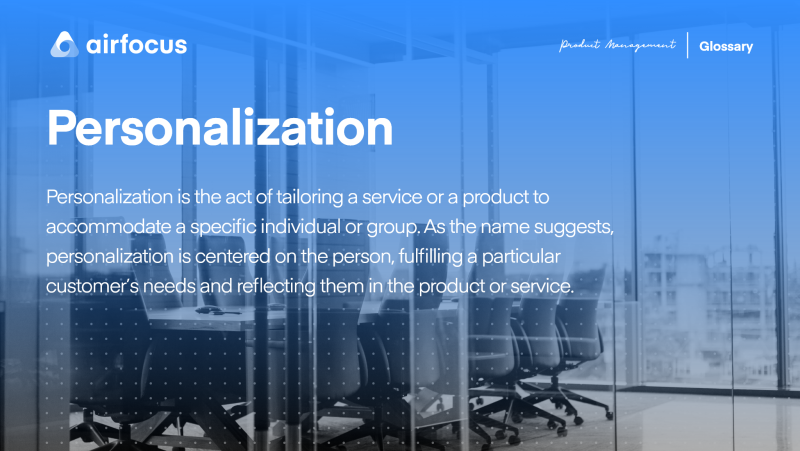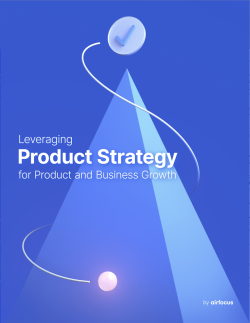Personalization
What is personalization?
Personalization Definition
Personalization is the act of tailoring a service or a product to accommodate a specific individual or group. As the name suggests, personalization is centered on the person, fulfilling a particular customer’s needs and reflecting them in the product or service.
Personalization can be rolled out across many design disciplines. But thanks to new technology, personalization is having a particularly big impact in digital design (website and apps) and marketing communication. Here, personalization means products and services can be adapted to appeal to different modern day customers who favor individuality and uniqueness.
A wide variety of organizations use personalization to improve customer satisfaction, sales conversion, branding, advertising, marketing as well as to improve website metrics.
It’s worth noting, though, that there’s a difference between personalization and customization.
In personalization, the business is the one designing the changes using customer data and predictive technology, e.g. the ads chosen for you to see on Instagram. With customization, the customer designs the modifications, e.g. Nike By You sneakers.
Benefits of personalization
Personalization is important as it can enhance a business’ internal and external operations.
Increased engagement
The modern world is inundated with marketing messages. But personalized comms can cut through the noise, and speak directly to a customer by honing in on their needs.
And customers love it. In fact, 72% of consumers will now only engage with personalized marketing messages. Email campaigns, social media marketing and banner ads can all be tailored to suit a certain demographic or individual profile.
In digital design, a truly personalized website or app interface will feel like it’s starting a dialogue with the user. Their name will be visible, as will a history of their previous activity. There’s even the opportunity to pull in tailored content, designed for their needs. Together, this amounts to greater engagement.
More sales
Unsurprisingly, good marketing personalization also boosts conversions and sales. Econsultancy reported that 93% of businesses saw an increase in sales from personalization.
Automation of marketing personalization also enables marketers to identify which channel customers engage with, then automatically follow up across channels as part of an omnichannel approach. This makes the sign-up process more intuitive, as customers feel they are being spoken to individually; encouraging prospects along the funnel.
Measure success
Personalization allows a business to test the propositions really connect with consumers.
In a marketing context, personalization gives a business the data they need to not only track their campaigns, but how the business is performing as a whole. Knowing what customers buy, search for, and engage with is paramount to making strategic decisions and painting a clear commercial picture of the business.
However, there is a fine line between targeted marketing and being intrusive. Good campaigns will subtly capture the consumer’s needs, without violating their privacy. We suggest familiarizing yourself with privacy laws around the gathering of data to avoid ending up in the junk folder.
Examples of personalization
If you’ve ever been presented with a “We think you’ll like…” message on Amazon, Netflix or even in an online grocery store, then you’ve been on the receiving end of personalization.
In these cases, the more searches you make on the platform, the more data their systems can store to build a detailed profile of you as a consumer. Each time you visit, they will target products based on your previous searches in the hope to tap into your interests.
Personalized digital design can also be deployed in more subtle ways. Today, we’re seeing an increasing number of brands take advantage of improved technology and algorithms which allow them to display content and offerings differently, depending who’s on the receiving end.

General FAQ

Glossary categories
Create effective product strategy

Experience the new way of doing product management







